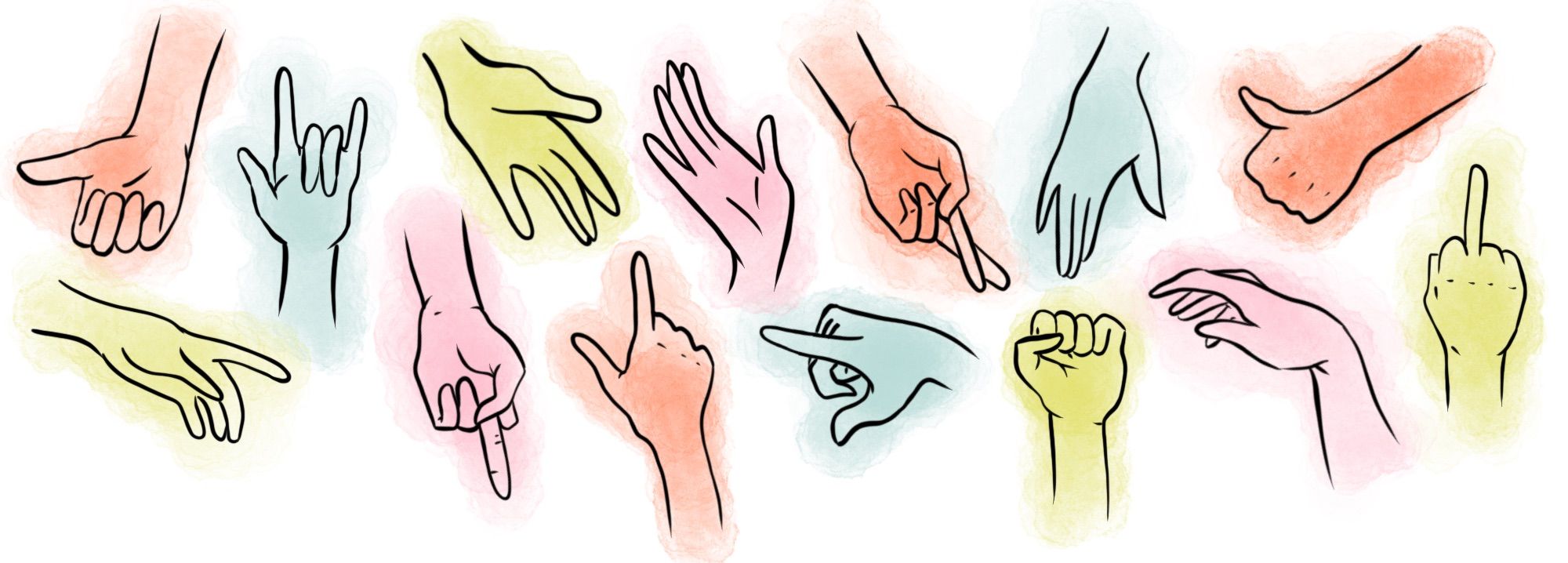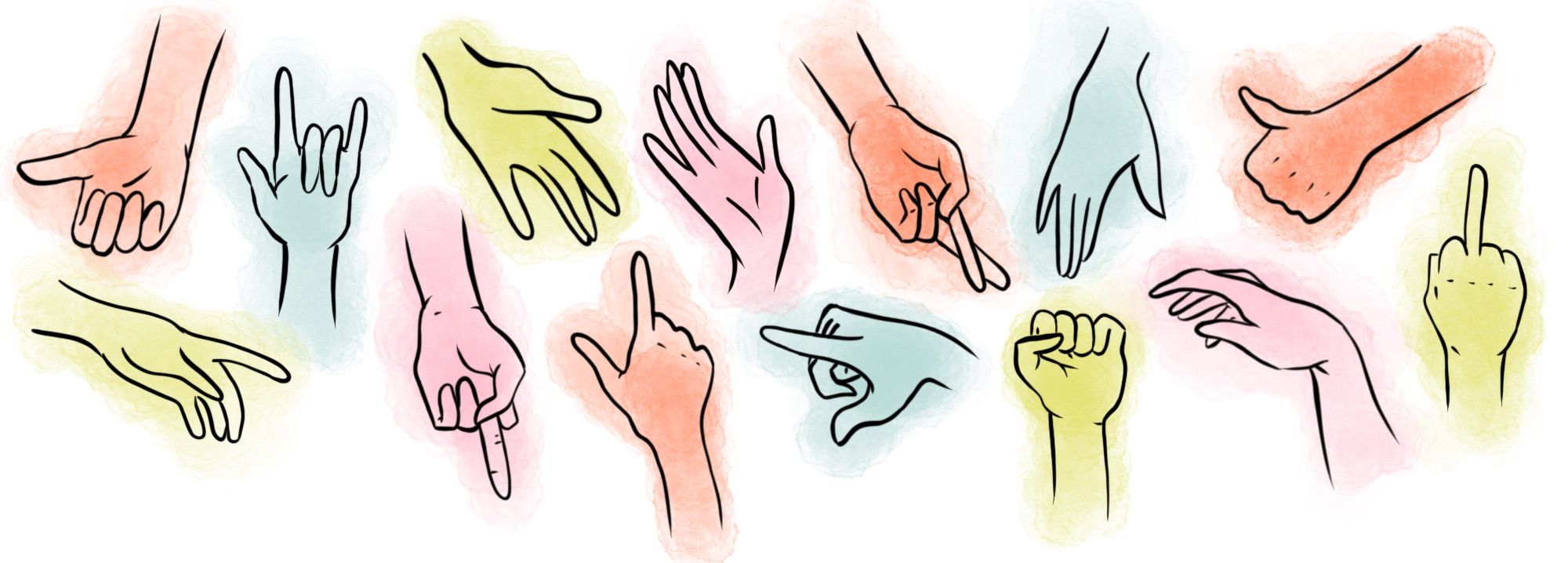6 Ways to Get the Friends Who Count. Why You Want Them.


Song Fix: Waiting on a Friend*
Eric Barker writes Barking Up The Wrong Tree, a weekly newsletter that shares science-based insights on “how to be awesome at life.” Along with 315,000 other subscribers (Hello! Relationship goals.), my life is better because of him. I write the five emails every week that make me happier, take the eight steps that make me more resilient and practice the four active listening techniques that will (soon, I hope) make me more captivating. (What Barker lacks in poetry he more than makes up for in digestible numerics.)
Barker's most recent issue, “This Is How To Make Emotionally Intelligent Friendships: 6 Secrets,” is barking up our tree. The friendship tree. Barker starts with some shocking stats on the importance of friendship. He cites the work of epidemiologist Julianne Holt-Lunstad, who reviewed studies of 300,000 patients to determine some correlations around who died, and why. They considered the usual lifestyle and environmental factors: drug and alcohol intake, smoking, sleep, etc, etc. Barker reports that only two things made a huge difference: frequency of social support and how integrated they were in their community. He digs into the recent book by psychologist Robin Dunbar Friends: Understanding the Power of our Most Important Relationships (Little Brown and Company, 2021) who says:
“It will no doubt get me into trouble with the medical profession, but it is not too much of an exaggeration to say that you can eat as much as you like, drink as much alcohol as you want, slob about as much as you fancy, fail to do your exercises and live in as polluted an atmosphere as you can find, and you will barely notice the difference. But having no friends or not being involved in community activities will dramatically affect how long you live.”
Barker has the prescription. He calls them the six “secrets” of friendship, but it's less that they are secrets and more that we don’t honor them as a practice in daily life. You’ll want to read the whole thing, but here is my spin on Barker's six:
- Be deliberate about staying in touch. “In touch” means seeing them IRL, not liking their twitter post. Show up. For dinner (even if you’re tired), funerals (even if you don’t like funerals), their weddings (even if you already attended the first three). Consider your friends as concentric circles of closeness around you. Six months of separation and a friend drops from a closer circle to a further one. Another six months, another circle. Turns out friendships are more fragile than we realized. (Conversely, you now know how to lose a friend who deserves a table in the outhouse.)
- Say thanks often. We take our close friends for granted, while reaping gratitude on those who support us less (eg, strangers). Underappreciation erodes friendships.
- Keep it deep. Be vulnerable, emotional, humble. Share what you’re really going through. Superficiality is not sticky.
- Be discerning about how you distribute your “friendship budget.” Evidently we have one, whether we are introverts, extroverts or ambiverts. We can only give so much to so many, so prioritize who is important.
- Party better. We’re happiest when we gather with friends if: more close friends show up, there is a lot of laughter, we reminisce about the past and we consume alcohol.
- Choose your very best friends wisely. They have an outsized influence on your habits - and your happiness.
As to the various lifestyle factors (drugs, alcohol, sleep) Barker dismisses, you have to wonder about quality of life (not just quantity of years). At least for most of us. But perhaps the research fully explains someone like Keith Richards’ longevity, despite his well-chronicled rocker lifestyle. Reading his memoir Life (Little, Brown and Company, 2010), I was struck by the constancy of a close circle in Richards’s life. There is a memorable story about Richards, Mick Jagger and Brian Jones sharing a flat in London in their early 20’s. Only two of them could go outside at a time during the winter because they only had two coats, which were shared among the three of them. And despite their famous falling out over drugs, women and jealousy, Richards' and Jagger’s productive partnership reads more like a long, intense and complicated friendship than anything else. Nobody ever said that friendship isn’t complicated. “True friends. Hardest thing to find, but you never look for them - they find you; you just grow into each other,” says Richards.
*Rolling Stones, Waiting on a Friend “I’m not waiting on a lady / I’m just waiting on a friend”
The Crush Letter
The Crush Letter is a weekly newsletter from Dish Stanley curating articles & intelligence on everything love & connection - friendship, romance, self-love, sex. If you’d like to take a look at some of our best stories go to Read Us. Want the Dish?